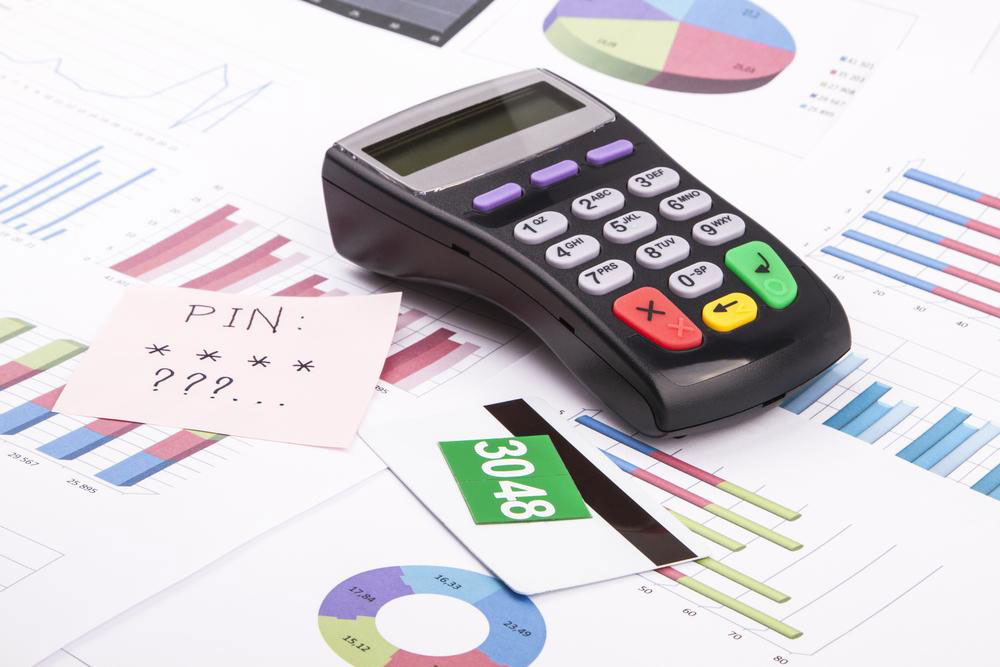Effective Strategies for Prompt Contractor Payments
Discover practical methods to ensure contractors are paid promptly. From digital ACH transfers and online portals to clear payment schedules and freelance platforms, these strategies simplify managing contractor payments. Maintaining consistency and understanding tax obligations further strengthens contractor relationships, fostering long-term partnerships essential for project success.
Sponsored

Contractors provide vital support to businesses through short-term projects, enabling companies to accomplish tasks beyond their scope. Timely payments are crucial for maintaining contractor motivation and ensuring consistent performance. With multiple contractors often engaged simultaneously, managing payments can become complex. Implementing specific strategies can help streamline this process and ensure on-time payments.
1. Use ACH Direct Deposits
The Automated Clearing House (ACH) system transfers funds electronically between accounts. Due to lower processing fees and rapid transaction times, ACH is preferred for paying contractors efficiently. It’s a fully digital method, minimizing manual handling and promoting prompt payments.
2. Establish Clear Payment Schedules
Depending on their preferences, contractors may specify different payment timelines. Some may expect an upfront percentage before starting a project, while others prefer payments upon completion, within a set number of days. Understanding and aligning with these schedules helps foster smooth financial transactions and mutual trust.
3. Implement Payroll Software
Payroll software can be adapted for contractor payments, allowing automation and organized record-keeping. These systems facilitate timely payments, generate invoices automatically, and centralize payment data, reducing manual effort and errors.
4. Use Credit Card Payments
Paying contractors via credit cards offers security and dispute resolution benefits. Contractors need merchant accounts to receive such payments, so companies should confirm compatibility while setting up payment methods. This approach enhances transaction safety and reliability.
5. Conduct Payments Online
Online payment gateways provide convenient, cashless transaction options. Paying contractors through these channels ensures swift, hassle-free payments, especially important in today’s digital economy, and often proves cost-effective for businesses over time.
6. Leverage Freelancer Marketplaces
Freelance platforms connect companies with vetted contractors. Businesses can select preferred payment methods and release funds based on milestones or completed projects. This process simplifies management and guarantees timely remuneration once deliverables are approved.
7. Opt for Wire Transfers
Wire transfers enable rapid, secure payments, especially within domestic markets. International wire transfers may take longer but remain faster than many alternatives. Companies must verify trustworthiness to avoid errors, as refunds are generally not possible once the transfer is completed.
8. Comprehend Contractor Tax Requirements
Contractors typically submit tax forms like W-9 or W-8 to their clients. Companies then issue 1099 NEC forms for tax reporting. Understanding these procedures helps ensure proper tax compliance and accurate reporting for both parties.
9. Maintain Consistent Payment Terms
Agreed-upon, reasonable payment terms foster trust and professionalism. Businesses should discuss options with contractors before finalizing agreements and adhere strictly to the schedule. Consistent, timely payments encourage long-term collaboration and positive recommendations.





